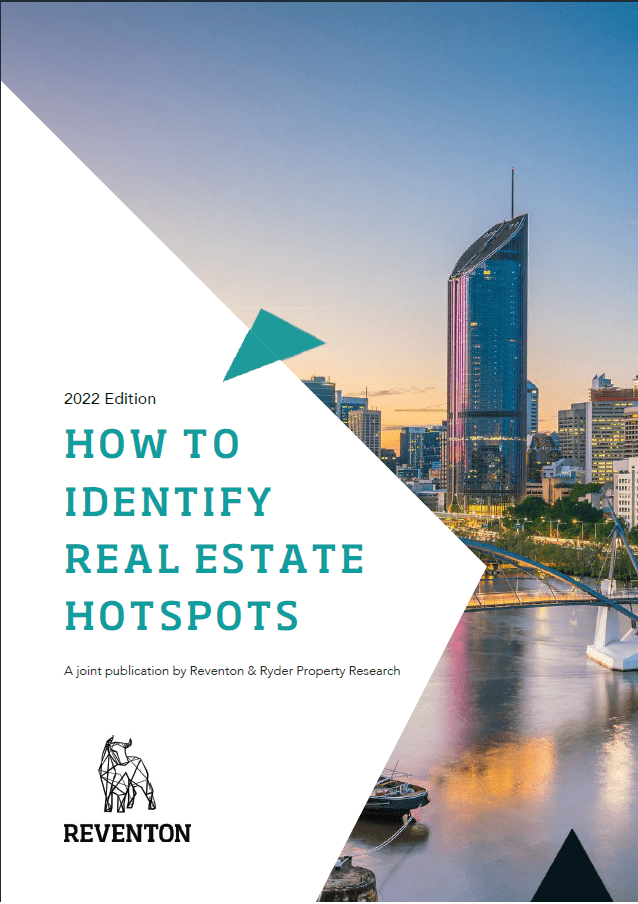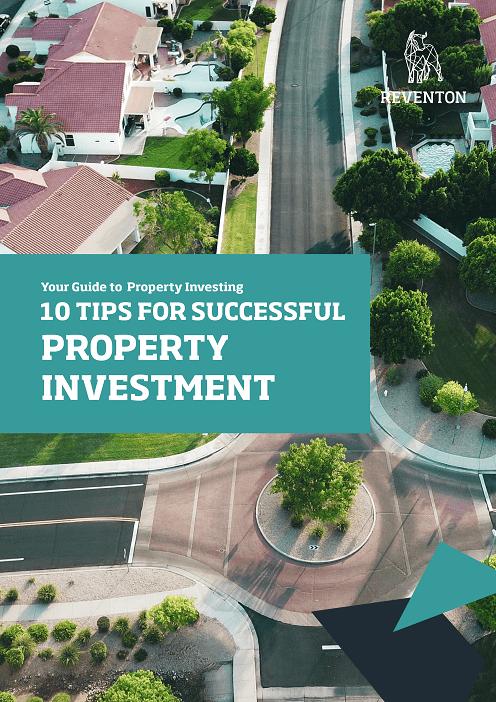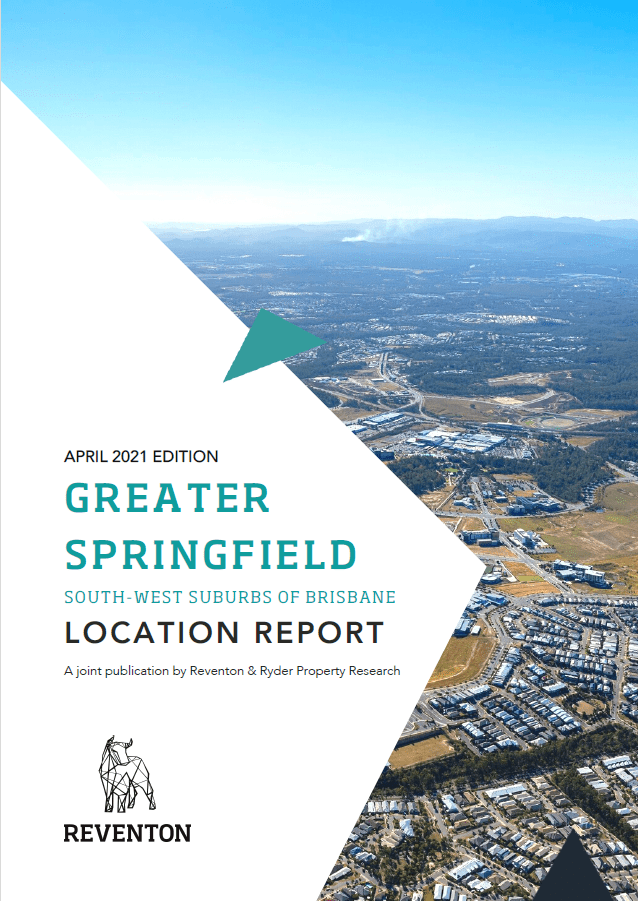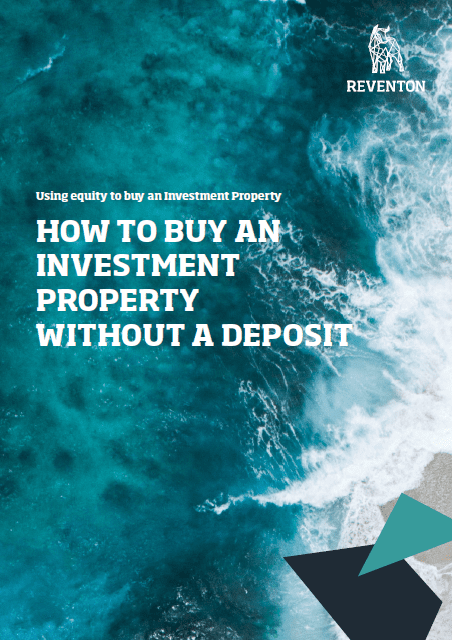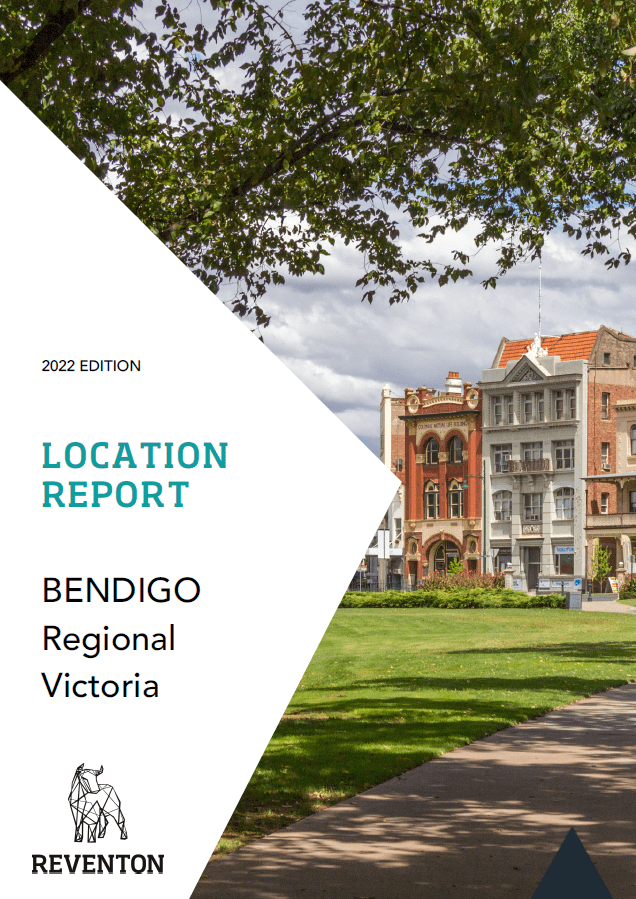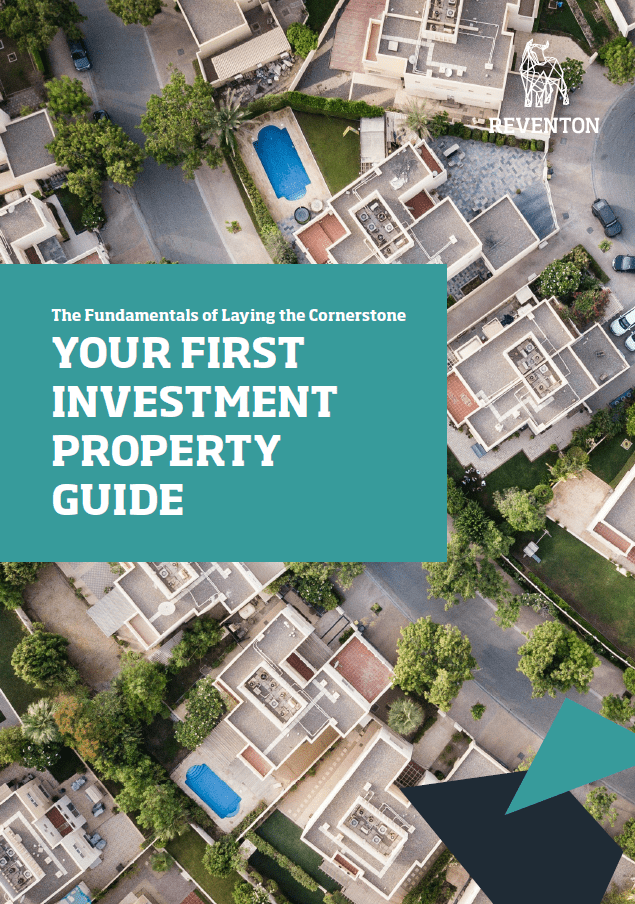Mortgage & Finance
Our mortgage & finance experts will help you structure what you need and make the process for finance as hassle-free as possible
How we can help
Fund your future with a tailored solution from one of our mortgage & finance experts
All mortgage & finance related services in one place
At Reventon, we understand that everyone’s needs and circumstances around mortgage and finance is unique. Not only can we provide customised solutions but with all mortgage, finance, property investment, tax, accounting related services under the one roof, it means you don’t have to deal with multiple companies to reach your end goal.
Investment Loans
If you’re looking to invest in property, you’ll likely need an investment home loan. More and more Australians are looking to invest in property, which means investment home loans are on the rise. An investment home loan is set up slightly differently from residential home loans – particularly around deposits, interest rates, and fees. It’s important to learn about these differences so you can shop around for the most appropriate deal for you.
Refinancing
Refinancing is when a homeowner pays off their existing home loan and replaces it for another. There are many positives to refinancing as a financial strategy, including lower interest rates, equity release options, and shorter repayment terms. If you’re a homeowner and considering a new loan, Reventon can guide you to the most suitable deal that works for your financial goals.
Debt Consolidation
Debt consolidation is a financial strategy that merges all of your existing debts into one single debt. This is then paid off through one manageable payment, leaving you with a simple path towards clearing your debt. Reventon can help you consolidate your existing debts into one repayment, to ease the stress of multiple bills and save you money on your payments.
Budgets
The idea of budgets conjures up scary thoughts of groaning spreadsheets and grinding austerity. But it doesn’t have to be that way. A Reventon finance expert can help you set up a personal budget so you can take that holiday, drive off in that new car or buy your first home, sooner rather than later.
Repairing Credit
A bad credit score significantly impacts your finance options because, to the average moneylender, you’re a credit risk. We’ll show you how to get your good credit rating back with tips like cutting up those credits cards, paying off select debtors and more.
Equipment Finance
Whether it’s a car, welding machine, truck, tractor or any other type of equipment, we will find you the most appropriate financing options to help get you and your business to where you want to be. And whether it’s for business or personal purposes, we can advise you on leasing, hire-purchase or equipment loans.
SMSF Lending
SMSF home loans can be used to purchase property and secure your retirement. We’ll advise you on the most suitable structure and path forward, while securing you the most appropriate loan based on your circumstances.
Mortgage Reduction
Talk to us about the small, strategic changes you can make to better manage your home loan, reduce your interest and shorten the pay-back time.
Asset Finance
Whether it’s a car, boat, caravan or anything else, our asset finance division will help you with personal finance and business/commercial lending. They’ll help work out what you need, how much you can borrow and take the hassle out of all that paperwork.
numbers
Client results
Learn more
Frequently Asked Questions
A mortgage broker is an agent or intermediary, who works with a financial institution that offers real estate loans and individuals interested in buying property.
A finance broker’s role is similar to that of a mortgage broker but is not limited to real estate loans.
Due to the nature of a mortgage and finance broker’s role, their organisation often has relationships with multiple financial institutions which allows them to tailor solutions based on your needs and the most appropriate lender to suit your circumstances.
Whether you need mortgage or finance support, doing it yourself takes more time, can limit your options and may lead to costly mistakes.
By using a mortgage and finance broker at Reventon, you’ll get expert financial support from an multi-award-winning team who will make your loan experience easier.
In almost all scenarios you are not required to pay a fee for our mortgage and finance services. Instead, we’re paid a commission by the lender you choose through our tailored solutions.

